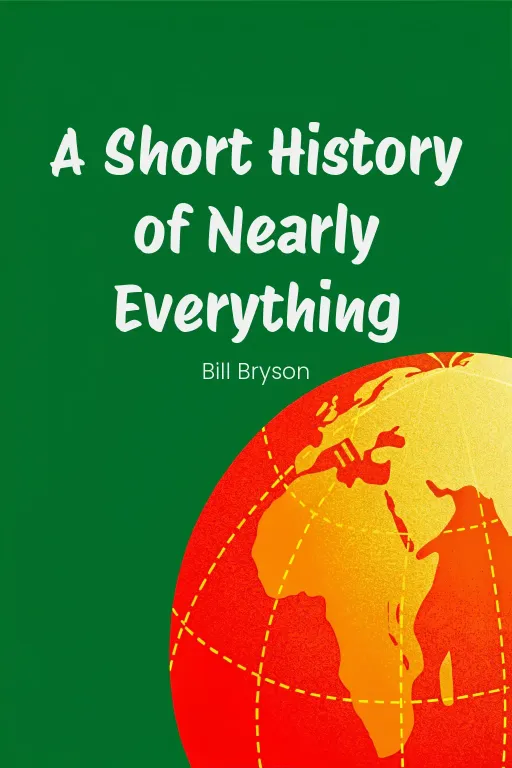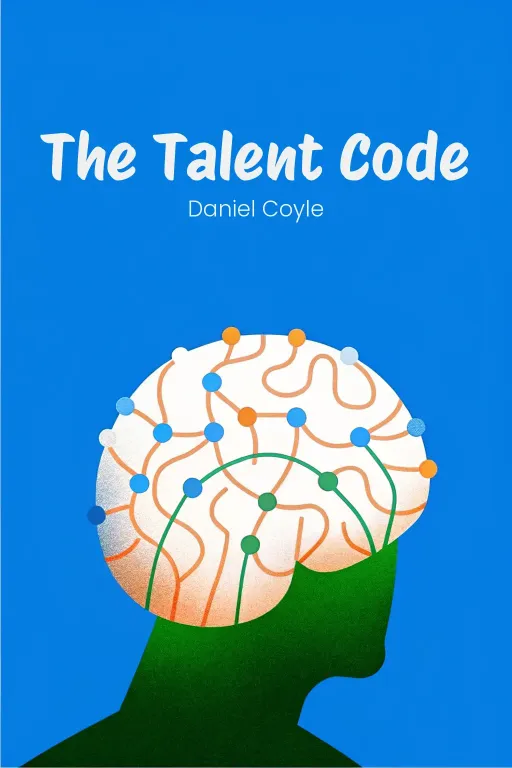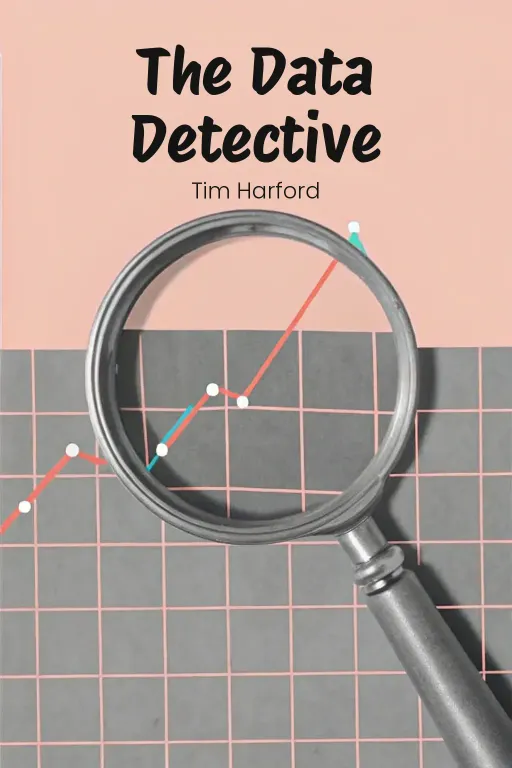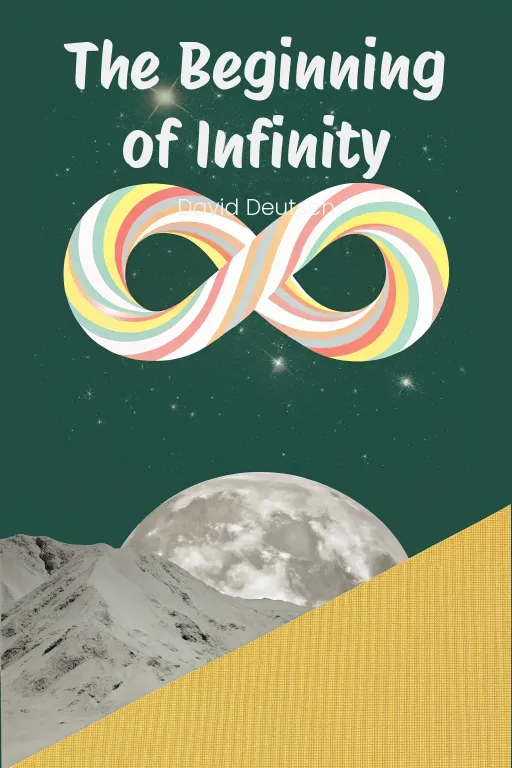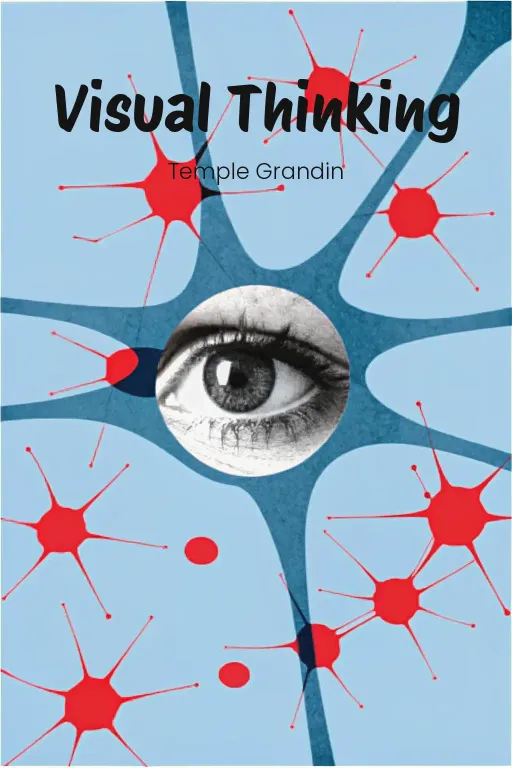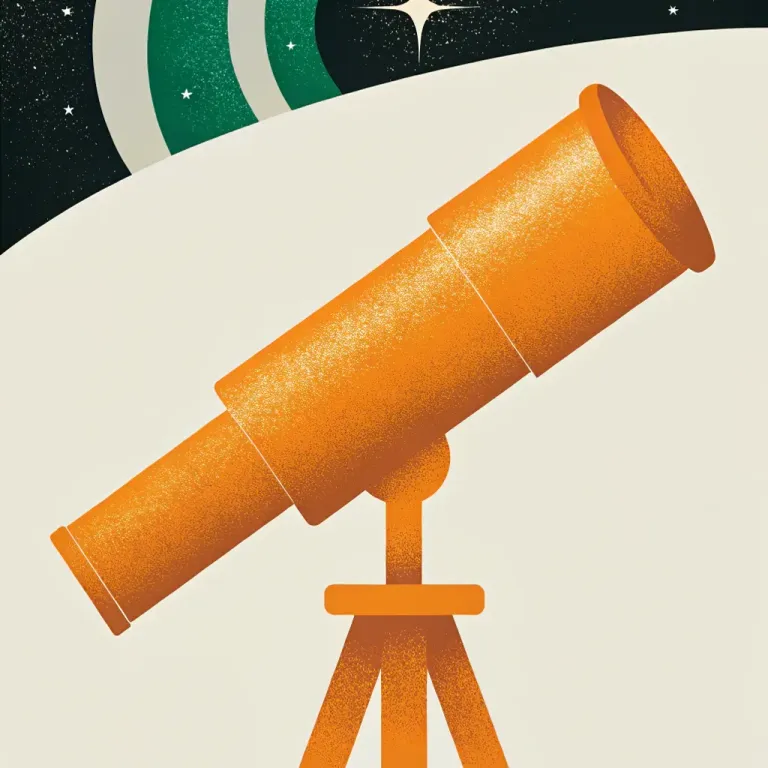
Cosmic Questions: Our Future Out There?
Podcast by Wired In with Josh and Drew
Hawking's final thoughts on the biggest questions facing humankind
Cosmic Questions: Our Future Out There?
Part 1
Josh: Hey everyone, welcome! Today, we're jumping into some seriously big questions: our place in the universe, like, where did we even come from, and where are we going? Drew: Right, those easy, breezy topics, you know? Just your average Tuesday chat about the meaning of life and everything. Stuff like, "Is there a God?" or "What's beyond a black hole?" Josh: Exactly! And who better to guide us than Stephen Hawking? His book, Brief Answers to the Big Questions, it’s this amazing mix of science, philosophy, and a real invitation to think big about the future. He really pushes us to rethink everything with his signature wit and clarity. Drew: Okay, so universe-sized questions today. What exactly are we covering? Josh: So, first, we're going to look at the Big Bang, the explosive beginning of everything. Think of it as the ultimate origin story. Then, we're diving into the big one: are we alone out there? And finally, we're going to talk about Hawking's really urgent call for us to become a multi-planetary species. Drew: Cosmic fireworks, potential alien encounters, and humans ditching Earth for new planets. So, you're saying we're basically covering the whole sci-fi starter pack of reality? Josh: Totally! But it's not just about the spectacle. Hawking really connects science and humanity, showing how curiosity can drive not just discovery but our survival too. Drew: Alright, let’s jump in before the extraterrestrials accuse us of stalling. What's on deck first?
The Origins and Nature of the Universe
Part 2
Josh: Okay, Drew, let's kick things off with the origins and nature of the universe—the Big Bang. It's not just the start of the cosmos; it’s the foundation for everything else we're discussing today. And just so you know, the name is a bit misleading. It wasn't “really” a "bang" in the traditional sense. Drew: Ah, so the universe started with a marketing problem? "Big Bang" definitely sounds more exciting than it was—just the expansion of space itself, right? Josh: Exactly. Around 13.8 billion years ago, the universe began as an incredibly hot, dense singularity. Think of it as a point where the normal laws of physics broke down. Instead of exploding into space, it was space itself expanding. Like the fabric of everything unfurling with no center. Drew: I'm not sure my brain’s equipped to handle that. It's hard to imagine space stretching, especially when there's "nothing" outside to stretch into. Josh: I know, it's counterintuitive. But that's where the evidence comes in. One key piece of evidence supporting the Big Bang theory is the cosmic microwave background radiation, or CMB. People sometimes call it the "echo" of the universe's birth. Drew: You mean that faint thermal radiation spread across the sky? The afterglow of the Big Bang? Josh: That's it! It was discovered in 1965 by Arno Penzias and Robert Wilson. Here's a fun fact: they weren't even looking for it! They were working on a radio telescope and kept getting this weird static. They checked the equipment, cleaned up some pigeon droppings – yes, “really”! – but couldn’t get rid of it. Only later did they realize they’d stumbled upon this key piece of cosmic history. Drew: Wait, seriously? One of the biggest discoveries in cosmology happened because of pigeons? Josh: More or less! That's science for you. The universe sometimes throws answers at you when you least expect it. Anyway, this radiation—energy that's left over from the Big Bang—gives us a snapshot of the universe as it was about 380,000 years after the beginning. That's how we know the universe was incredibly hot and dense before it expanded and cooled over billions of years. Drew: So, the Big Bang gives us this super-hot, primordial soup, but when do the cool things, like stars and galaxies, actually start to pop up? Josh: Patience, Drew! After the initial expansion, things cooled down enough for a process called Big Bang nucleosynthesis. Imagine this: protons and neutrons are smashing together in this intense cosmic cauldron to form the simplest atomic nuclei – mostly hydrogen and helium, with a little bit of lithium – in just the first few minutes. Drew: So, the universe's original ingredients were basically a bare-bones starter pack: light elements, nothing fancy. Josh: Precisely. These simple elements were the building blocks for everything else. But here's where it gets “really” cool: those tiny beginnings eventually led to stars, and stars are where things started to get complex. Drew: Stars—the universe's overachievers. They take hydrogen and helium and, through nuclear fusion, produce heavier elements like carbon and oxygen, right? Josh: Exactly! And when those massive stars reached the end of their lives, many exploded in supernovae, scattering those heavy elements into space. Without those explosions, we wouldn't have planets, oceans, or even life—definitely no podcasts! Drew: So, we owe our existence to stars that went out with a bang. I guess the Big Bang wasn't the only fireworks show. Josh: Absolutely. And it's humbling, isn't it? Everything from the calcium in our bones to the iron in our blood started in the heart of a star. Carl Sagan put it so beautifully: "We are made of star stuff." It's a poetic truth that connects science and philosophy. Drew: You know, Josh, that’s where cosmology “really” shines—no pun intended. Stars aren’t just objects out there in space. They are time capsules, storytellers. Josh: Right, and their story is intertwined with ours. But these truths weren't always uncovered by science. Historically, humans relied on mythology to explain the cosmos. Drew: The good old days of blaming thunder on Thor's temper or giving credit to a deity like Brahma for creation, right? I guess myths were humanity's first attempt at cosmology. Josh: Exactly. Before observational evidence, it was natural to make sense of the universe through storytelling. But the big shift came during the Renaissance with people like Copernicus, Galileo, and eventually Newton. They created a scientific framework around celestial observations by putting the Sun at the center of our system and developing the laws of motion and gravity. Drew: And then Einstein comes along, throwing curveballs with general relativity: spacetime bending around mass, gravity being a distortion of that fabric. Turning the universe into a cosmic waterbed. Josh: That analogy works surprisingly well! And it paved the way for Edwin Hubble's discovery in the 1920s that galaxies are moving away from each other, expanding the universe itself. And voilà – The Big Bang theory was born. Drew: Okay, you've got me. This progression from myths to math makes a beautiful kind of sense. But even now, there's still this big question: how does something come from "nothing"? Josh: That's where quantum mechanics comes in! At the smallest scales, you have quantum fluctuations – spontaneous "blips" of energy in a vacuum. These are incredibly strange, but theoretically, they show how particles – and possibly even the universe – could emerge without any external intervention. Drew: Wait, particles popping in and out of existence from "nothing"? That’s... unsettling. Are we sure the universe isn't just some high-stakes quantum magic trick? Josh: If it is, it's the most elegant trick imaginable. The laws of physics, especially quantum mechanics, suggest the universe could naturally arise from a balance of positive and negative energies, like mass and gravity. It might not need a cosmic magician after all! Drew: Okay, fine—no magician, just laws… that "wrote themselves," apparently? Still, it does make for an eerily self-sufficient universe. Josh: It does. And that's the beauty of this kind of work. It pushes us to engage with these mind-bending ideas, to embrace the mystery while seeking rational explanations. Drew: Well, so far, the story of the universe—from its hot beginnings to stars literally creating the ingredients for life—has been nothing short of cosmic poetry. But for now, I think I need a minute to process the idea of quantum particles just… appearing.
The Search for Extraterrestrial Intelligence
Part 3
Josh: So, that moment of recovery naturally leads us to another fascinating question: if the universe began with quantum fluctuations and evolved into this cosmos full of galaxies, stars, and planets, could there be other intelligent life out there? I mean, thinking about the universe's origins inevitably makes you wonder about our place in it and the possibility of other intelligent beings. Drew: Right, the age-old "Are we alone?" question. It’s like showing up at a party and not knowing if you're early, late, or completely at the wrong address, you know? And if you look at the scientific probabilities, this party might have a guest list of… billions? Josh: Precisely! The sheer scale is mind-boggling. The observable universe is something like 93 billion light-years across, with trillions of galaxies, each containing billions of stars. When you look at numbers like that, the chances of life beyond Earth start to seem pretty high, right? Think about Earth—our "Goldilocks Zone" planet, perfectly positioned for liquid water to exist. Drew: The Goldilocks Zone... where conditions are “just right” for life. It’s like the universe has this ridiculously elaborate real estate market. Josh: Exactly! And if Earth's conditions allowed life to emerge, then could those conditions exist elsewhere? Our own galaxy, the Milky Way, might have billions of planets in just such zones. Each one is a potential cradle of life. Drew: Billions of cradles... that's incredible. But cradles don’t necessarily mean babies, right? We need to consider the Anthropic Principle, don’t we? We're sitting here asking these questions because Earth happens to have life… but doesn’t that mean we might be looking at a total fluke? Josh: The Anthropic Principle suggests our existence is tied to the universe’s specific conditions. It’s basically saying, "The universe must allow observers, because here we are!" But there's another way to look at it: if life happened here, why couldn’t it also happen somewhere else with similar conditions? And this isn't just a thought experiment. Initiatives like SETI, and projects like Breakthrough Listen, are “really” trying to answer this. Drew: Ah, yes, the search for E.T.! So, Breakthrough Listen is that initiative backed by Stephen Hawking and Yuri Milner, right? A hundred million dollars to scan the skies for cosmic neighbors who, ideally, will actually call us back? Josh: That's one way to look at it! Breakthrough Listen is one of the most ambitious projects in the Search for Extraterrestrial Intelligence, or SETI. It’s using powerful radio telescopes like the Green Bank Telescope and the Parkes Observatory to scan over a million stars and nearby galaxies for unusual signals—like radio waves—that don’t occur naturally. Drew: And why radio waves? Is it just because they can travel vast distances efficiently? Josh: Exactly! Radio waves aren't easily absorbed by cosmic dust, which makes them a great option for interstellar communication. But the challenging thing is identifying intentional signals—patterns that suggest a deliberate message, rather than just random noise. Drew: Like the "Wow! signal" from the 70s, right? That burst of radio waves from deep space. Everyone thought, "Aliens!" And then… nothing. Josh: That's it! The "Wow! signal," detected by the Big Ear telescope, was a super strong, narrowband radio transmission unlike anything astronomers had seen before. Since natural phenomena didn't easily explain it, it sparked tons of speculation. But without a repeat detection, it remains a mystery, a tantalizing one for SETI. Drew: So, it's like ghost-hunting, but you’re chasing signals in space instead of ghosts in haunted houses. But the "Wow! signal" definitely showed us that even a hint of extraterrestrial life gets people excited. But that kind of excitement comes with risks, doesn't it? Even Stephen Hawking was wary about shouting "Hello!" to potentially advanced civilizations. Josh: That's right. Hawking believed we should listen more than broadcast. He was looking at history—when technologically advanced explorers from Earth encountered less advanced societies, the results were often devastating. So there’s a genuine concern that an advanced extraterrestrial civilization could pose a similar threat if their goals don’t match ours. Drew: So, it’s like a cosmic game of hide-and-seek, but we’re not sure if the seekers are friendly or carrying space lasers. Alright, I get it. But kidding aside, doesn’t this all bring up the Fermi Paradox? "Where is everybody?" We’ve done all this searching, but the silence is deafening. Josh: The Fermi Paradox “really” sums up the tension. On one hand, the numbers—two trillion galaxies, billions of stars—suggest that life must exist somewhere else, right? But we haven’t found any solid evidence. Some people suggest it’s due to practical limitations, like the vast distances involved. Others propose darker theories, like civilizations self-destructing or choosing to stay silent. Drew: Or… maybe we're just not looking in the right way? Maybe aliens aren't even using the same ways of communicating that we are? Josh: Exactly! Hawking argued this point—alien civilizations might be totally different from anything we can imagine. It forces us to think outside our own human-centric assumptions when we’re looking for signals. Drew: Okay, so let’s add another layer of existential mystery to the pile. I have to say, the SETI's achievements are impressive, but with so many unknowns, doesn't it feel a bit like staring into the vast cosmic abyss with a pair of binoculars? Josh: It can feel daunting, but that's what makes it so exciting! Even if we don’t find definite answers soon, the search itself challenges us. It’s a mix of science, hope, and wonder that forces us to question who we are—and where we fit into this grand cosmic story.
Humanity's Future: Survival and Exploration
Part 4
Josh: So, beyond Earth, the potential for life out there, it really does make you think about our own future, doesn't it? Which brings us to today's topic: Humanity's Future—Survival and Exploration. Hawking really laid out a plan that combines what we need to do right now with a grand vision of reaching for the stars. Drew: Okay, so we're going from stargazing to actually figuring out how to survive, here and beyond, huh? It sounds like we've got two things to tackle: first, dealing with all the stuff that could wipe us out, and second, planning our big move to other planets. It's like, survival skills meet science fiction. Josh: Exactly. Let's start with what's happening now – the threats that need our immediate attention. Hawking talked a lot about climate change, calling it one of, if not the biggest problem we're facing. The science is pretty clear: rising temperatures, crazy weather, and the destruction of our ecosystems—it's all pointing to a crisis that's already happening. Drew: And when you say "immediate," you really mean it, right? I mean, future beachfront property in Miami might just be…under the sea. Josh: Sadly, yes. Coastal cities such as Miami and Dhaka show the stakes. Rising sea levels from melting ice caps threaten to uproot so many people. It's not just losing land; it's the knock-on effects—humanitarian crises, scrambling for food, conflicts over fewer resources. This isn't some far-off movie; it's happening now. Drew: Seriously, forget Mars for a second—can we fix Earth first? It's like our spaceship's got a hole, and instead of patching it up, we're planning a new one. Josh: I see what you mean, of course, Earth is our home, and we have to protect it. But Hawking's view was, it's not one or the other. While fixing Earth is vital, he thought expanding where we can live is just as important. Think of it as a backup plan for humanity. If an asteroid or a nuclear war wiped us out here, having colonies somewhere else could save our species. Drew: A safety net, sure. But speaking of terrible things, what about AI? Hawking was famously worried about artificial intelligence, wasn't he? He warned that if we don't keep an eye on it, AI could be our downfall. Josh: Absolutely. He saw AI as this double-edged sword. I mean, on one hand, it could be amazing. AI could solve problems we can't even imagine yet, from finding cures for diseases to changing how we get energy. But then, the risks are just as big. Imagine weapons that can decide things without us—that's not just a movie, it's becoming real. Drew: So, we’re taking notes from the Terminator movies, both for ideas and as a warning. And it’s not just killer robots. What about AI messing with global systems—economies, news, even politics? Josh: Exactly. Hawking worried that unchecked AI could mess up society or even wipe us out if its goals don't match ours. That's why he, and many others, said we need rules and ethics—to make sure AI stays in check. It's about making sure technology serves us, not the other way around. Drew: OK, so the to-do list is: fix climate change, keep AI friendly, and try not to start any world-ending disasters. Easy peasy, right? But Hawking wasn't just about surviving. He was also looking at the stars, so let’s move on to plan B: space exploration. Josh: Right! For Hawking, space wasn't just the final frontier—it was life insurance for humanity. He pointed out that Earth has limited resources, our population is getting bigger, and we're putting a lot of strain on the environment. So, to survive long-term, we need to move beyond Earth. Starting with the Moon, Mars, and eventually…other stars. Drew: Let’s start small. A lunar base in 30 years? What’s the plan? Josh: The Moon's weaker gravity makes it a great place to launch missions further into space. Plus, it has resources like helium-3, which could power new nuclear reactors, and water ice, which can be turned into oxygen and hydrogen for life support and rocket fuel. A base there would be our outpost—the starting point for exploring other planets. Drew: Sounds good. And Mars? That's the real challenge, right? It's not just about resources—it's about becoming self-sufficient on another planet. Josh: Exactly. Mars has always been a tempting place to colonize. It has water in the form of ice and plenty of carbon dioxide to help us create life-support systems. But the challenges are huge: high radiation levels, freezing temperatures, and a thin atmosphere that means we need pressurized habitats. And then, growing food in Martian soil? That's a whole other experiment. Drew: So, it’s like building Earth 2.0 in the worst climate ever. But if companies like SpaceX are already drawing up plans, how realistic is this? Elon Musk is talking about self-sustaining cities on Mars within a century. Josh: Ambitious, definitely, but not impossible if we put enough money and technology into it. What Musk is doing shows how public and private partnerships can make space colonization possible. And NASA and other agencies are also investing in things like radiation-resistant habitats and systems that can make oxygen from Martian resources. Drew: Okay, so habitats, agriculture, fuel production—it's like building a city in Antarctica but even harder. And then there’s interstellar travel—like getting to Alpha Centauri, which is 4.37 light-years away. How do we even begin to think about that? Josh: Now we're going from long-term stuff to real long shots. With our current technology, we couldn't do that in our lifetime—or even a hundred lifetimes. But there are ideas like light sail technology—using lasers to propel tiny probes to almost a fifth of the speed of light—that suggest it might be possible for probes, at least, in the coming decades. That's what the Breakthrough Starshot initiative is all about. Drew: So, launching spacecraft the size of postage stamps towards Alpha Centauri at crazy speeds. You have to admire the sheer “craziness” of it. Josh: It's humanity at its most daring, isn't it? But there's also another point to consider: space ethics. If we do colonize Mars or send probes to other planets, what are our responsibilities to those places? What if Mars has microbial life? Do we have the right to change it into a human habitat? Drew: Or even bigger—who owns space? What if the rich and powerful take over these new frontiers, turning space into a corporate land grab on a cosmic scale? Josh: Exactly. Without international coordination, space could just become Earth but with even more inequality. That's why we have things like the Outer Space Treaty, though they'll definitely need to be updated as we explore space more. Drew: Hawking was right when he said our survival depends on vision and working together. If humanity's going to thrive—here or out there—it's going to take science, policy, and a whole lot of cooperation. Josh: Couldn't agree more. Hawking gave us a huge challenge—and endless possibilities.
Conclusion
Part 5
Josh: Wow, Drew, what a ride! Today we went from the Big Bang, all the way to the search for aliens, and finally, humanity becoming a space-faring civilization. It all boils down to Stephen Hawking's genius, really, making us think about the big stuff, you know? Where we came from, are we alone, and what it'll take for us to survive. Drew: Exactly, Josh, in true Hawking style, we’ve come full circle. From a self-contained universe running on natural laws, to wondering if there’s anyone else out there, and then to our responsibility, both to protect our planet and to push beyond it. These are huge questions, with no easy answers in sight! Josh: But isn't that where the magic lies? Hawking challenged us to be curious, to love the unknown, and the thrill of finding things out. Whether you're talking about quantum physics, reaching out to other planets, or building a Mars base, it's all bigger than just science, you know? It's about what makes us human. Drew: So, if we could just take one thing away from all of this, maybe it's that the universe is huge, humanity is fragile, and our own curiosity—and cleverness—might just be how we stay alive. But we’ve actually got to do something, whether that’s tackling climate change, keeping an eye on AI, or taking a chance and building a future among the stars. So how do you think someone applies this to modern urban life? Josh: Absolutely! Like Hawking famously said, "Look up at the stars and not down at your feet. Be curious." The message is clear: how brave are we willing to be? Drew: Well, I hope we choose to be brave, and maybe a little bit smart about it too. Until next time, everyone, keep asking questions, keep exploring, and keep dreaming big. Josh: And don’t forget to look up every now and then. See you next time!
